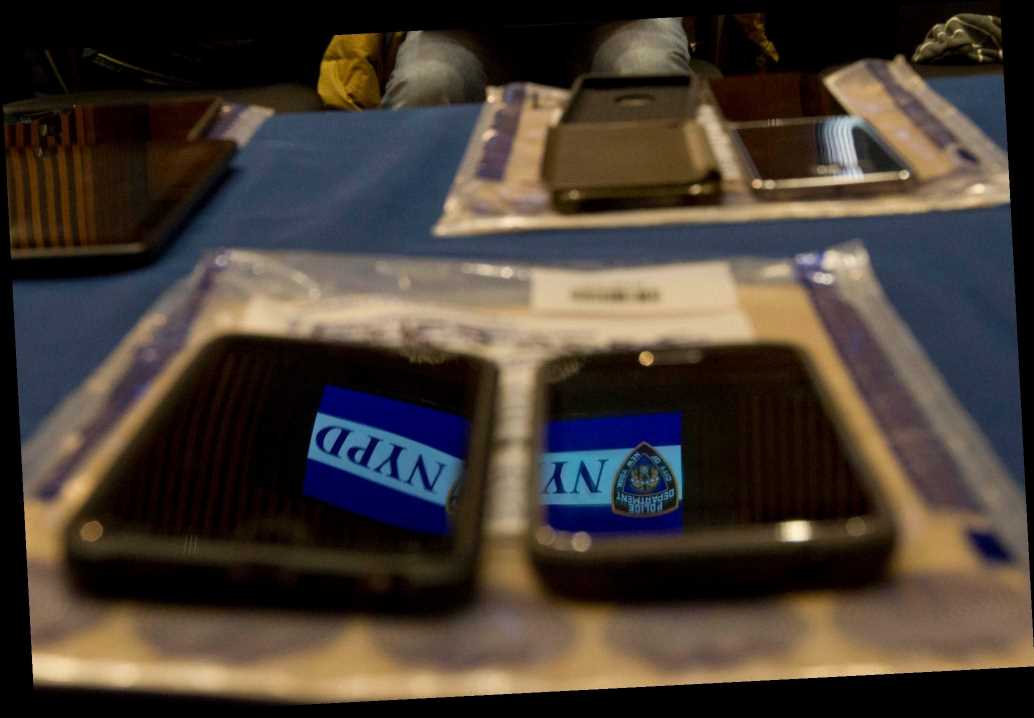Inside a fortified $10 million lab that looks like something NASA might have cooked up, the New York Police Department is trying to crack the encryption of iPhones confiscated during alleged crimes.
The cybercrime unit’s radiofrequency isolation room, which is protected by two airtight, metallic doors designed to block any electromagnetic waves, is where the NYPD uses algorithms to try to extract data from locked phones before their owners can wipe them clean.
Apple and Google both encrypt the devices that consumers shell out hundreds of dollars for, so the conflict between law enforcement and Big Tech is likely to continue.
The phones get hooked up to two computers that generate random numbers in an attempt to figure out the passcode that locked each device, but there are a very large number of potential sequences; 10,000 random sequences had been tried on just one phone examined by Fast Company.
“You entrust us with this responsibility to protect the public,” Manhattan District Attorney Cyrus Vance told Fast Company. “At the same time, they”—Apple and Google— “have taken away one of our best sources of information. Just because they say so. It’s not that some third party has decided, this is the right thing for Apple and Google to do. They just have done it.”
Apple has not yet responded to a request for comment from Fox News.
The lab also reportedly contains a supercomputer that can generate 26 million random passcodes per second, a robot that can extract a memory chip from a phone without using heat and tools that can repair severely damaged devices.
Apple, which has made privacy a major focus of its marketing in recent years as other tech companies have been scrutinized, is unlikely to bend to the wishes of law enforcement anytime soon.
The company led by CEO Tim Cook came under fire recently from President Trump for not helping the FBI unlock the phones owned by the alleged shooter in the attack at Naval Air Station in Pensacola, Florida.
However, Apple maintained that it has already provided significant assistance in the investigation.
“We have always maintained there is no such thing as a backdoor just for the good guys,” Apple said, in its statement. “Backdoors can also be exploited by those who threaten our national security and the data security of our customers. Today, law enforcement has access to more data than ever before in history, so Americans do not have to choose between weakening encryption and solving investigations. We feel strongly encryption is vital to protecting our country and our users’ data.”
For his part, Vance remains skeptical that Apple does not have the ability to access iPhones through a secret back door.
“They get into my phone all the time because they upgrade my operating systems and they send me messages,” he said.
Source: Read Full Article

